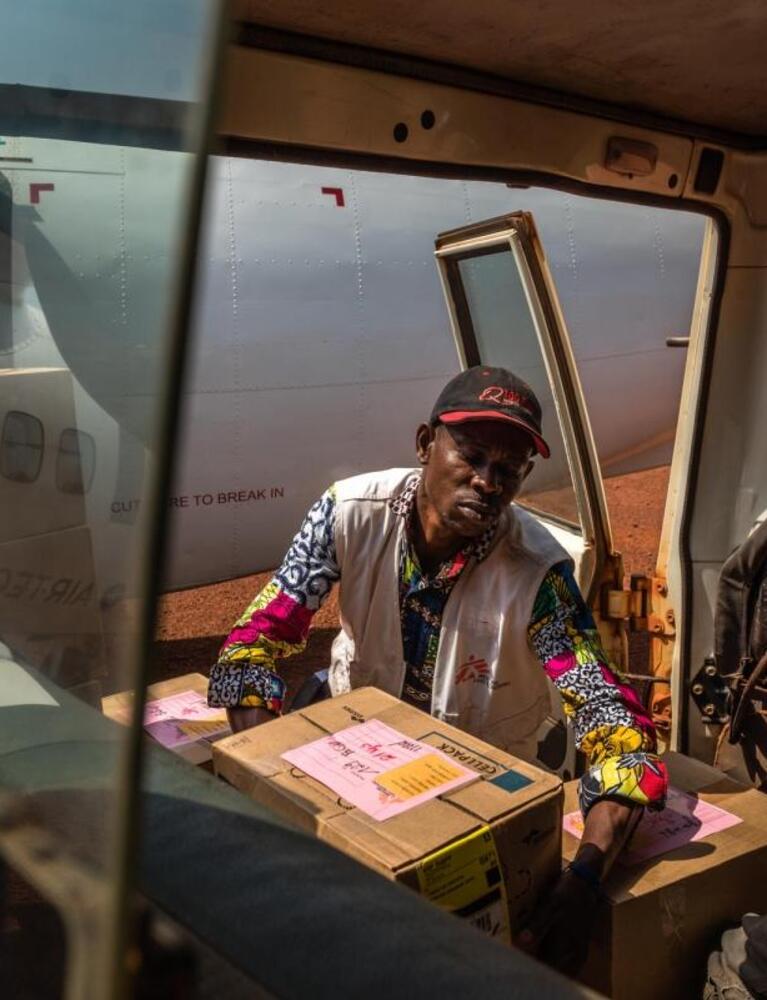Profile
EDUCATION
- No particular diploma is required ; any specialization in the logistics field is an asset
EXPERIENCE
- Skills in at least one of the fields of logistics
- Two years of professional experience
- Experience in a management position
- Experience in the associative sector and/or international solidarity and/or in a developping country is an asset
AVAILABILITY
- 6 months minimum (some projects require 9 months of availability)
LANGUAGES
- English level B1 minimum
- French and/or arab are an asset
MSF employs generalist, multi-skilled logisticians to work on projects and in hospitals and specialist logisticians for specific technical assignments: mechanics, builders, architects, water, hygiene, sanitation specialists, procurement specialists, electricians and biomedical technicians.
If you want to apply as a specialist technical logistician, please apply directly to the concerned profile by clicking here
-
Logisticians ensure the smooth running of MSF's programmes, by guaranteeing the continuity of the activities for anything that is neither medical nor administrative.
-
Their responsibilities are various and wide-ranging: rehabilitation of hospitals, supervising locally employed staff, organizing transport, cold chain management, maintenance of vehicles and communication systems, local or international supply...
-
Thanks to their creativity and inventiveness, general logisticians find solutions to issues in the field, where many unexpected situations can arise: general logistics are reactive and agile to address the needs.
-
General Logisticians can pursue a professional path within the association, through the offer of various training courses and of progressively high-responsibility roles in the field: Logistics Coordinator, Project Coordinator, Head of Mission.
Responsibilities
-
Organisation of the project's infrastructure: small-scale construction and refurbishment works, basic water, hygiene and sanitation activities,
-
Supervising and training logistics teams and locally employed and/or international personnel: watchmen, drivers, hospital logisticians, external hygienists, technicians, etc.
-
Management of the supply chain required by the project: stock management, local and international procurement, monitoring and warehousing deliveries of supplies and equipment, procurement,
-
Management of the equipment required by the project: procurement, installation, maintenance and supervision of equipment (IT, radio communications, vehicles, generators, etc.),
-
Implement safety management procedures, in collaboration with the project coordinator and the coordination in the capital,Providing logistical support to medical teams,
-
Working with the medical teams and project coordinator to define the operational strategies and logistical objectives of the project.



